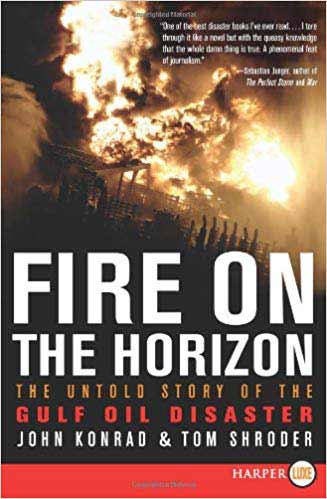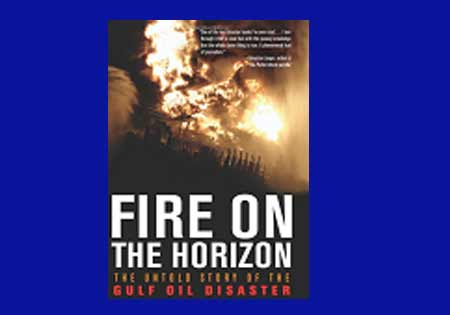
The business of safety is a balancing act. On one scale, you have safety measures managing the risk in the business. On the other side, you have business decisions for ensuring and improving productivity.
One cannot tip the scale too much on any side. Overspend resources on risk controls, the industrial activity is not viable anymore. Focus too much on productivity at the cost of safety, the likelihood of accident becomes unacceptable. It is not possible to eliminate all risk in any industry; organizations work within a narrow safety space that is bounded by catastrophe on one side and bankruptcy on the other. The course correction inside the safety space is often a matter of human judgement, or rather a series of small judgements in many cases. When you read Fire on the Horizon, you can see how the theory of human decision making at the margin plays out in real life.
Add to this balancing act, a billion-dollar rig floating miles above the seabed, trying to drill a hole into an unpredictable seabed, miles below the water surface. It certainly isn't easy.
Captain John Konrad and Tom Shroder team together to describe how the Deepwater Horizon kept the drilling going, despite uncertainties and challenges, within the safety space for years, until one day the balance just tipped over to one side. The combined industry knowledge and journalistic skills of the authors make it a gripping read. Captain Konrad has extensive experience commanding offshore rigs; the insights of the authors add value to this book and elevate it to more than just a mere narration of facts. But even the storytelling is compelling; it starts with the construction of the rig, portrays the life of the hard-working and committed men and women working on the platform, and takes us through the history and methods of hydrocarbon exploration. We take the gasoline used in our cars for granted but this book makes us appreciate the challenges that go into extracting crude oil from the earth. The book is as informative as it is engaging.
Spoiler alert- there are no villains in the story - which is typical of most maritime accidents and it helps to understand how humans make decisions at their edge of knowledge, and that's where often things go wrong.
The movie Deepwater Horizon starring Mark Wahlberg helps us visualize the oil rig environment and how the disaster went down. But if you are interested in a deeper understanding (always worth it) of how circumstances and decisions gradually moved towards the accident, read this book.
Full disclosure: I don't get paid to post reviews, so you can be assured that this is my candid opinion, and how I see the contents of the book apply to my world.


